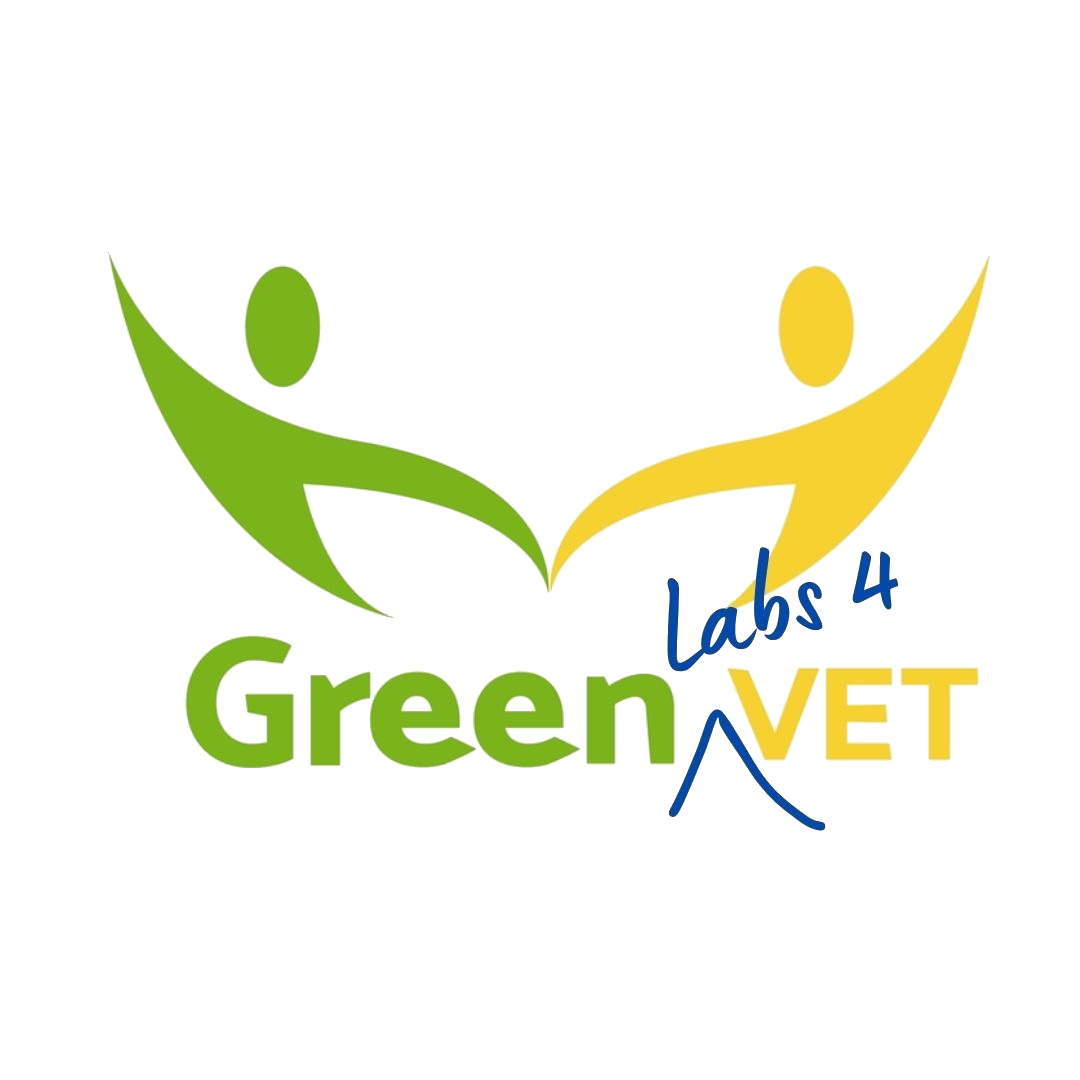Maria’s Eco-Hospitality Network – From Guest to Green Leader
How Maria built a Regional Eco-Hospitality Network Inspired by Daphne’s Club
Background
In Corinthia, Greece, where tourism is thriving, environmental sustainability in the hospitality sector remains inconsistent.
Maria, a 36-year-old hospitality consultant, found inspiration during a stay at Daphne’s Club Hotel Apartments. The hotel had implemented a wide array of sustainable practices:
Eliminating single-use plastics
Offering refillable toiletries
Sourcing local organic food
Composting and using solar panels
Involving guests in eco-initiatives like WWF’s Check-out for Nature campaign
Additionally, Daphne’s Club submitted benchmarking data to Green Globe 21 and achieved both the European Ecolabel and Green Key certifications. Though later discontinued due to cost and bureaucracy, the practices remained — reinforcing the idea that authentic sustainability goes beyond official labels.
Inspired, Maria launched SustainEx Hotels to help regional hotels implement eco-friendly upgrades. Her services included audits, staff training, toolkit development, and local producer partnerships.
Her mission: to scale a proven model into a regional sustainability network.
1. The Birth of SustainEx Hotels – Actions Taken
After completing her studies in tourism management and gaining industry experience, Maria launched SustainEx Hotels, a regional network of small and medium-sized hospitality providers committed to eco-friendly practices.
Her vision was simple but ambitious:
Support local hotel owners in adopting sustainable operations
Offer training and resources to implement green standards while keeping the charm of small-scale hospitality
Promote the region as a sustainable tourism destination
Specific actions included:
Piloted the model in a family-run hotel in Xylokastro → achieved 45% waste reduction in 4 months
Created a toolkit: 25 Green Actions for Any Hotel
Built local producer directories to promote the circular economy
Introduced guest incentives such as discounts for public transport use
Supported hotels in adopting eco-practices: composting, energy-saving devices, vegan menus, refillables
Shared success stories digitally, winning a small EU grant for social innovation
2. Growth Story
The first year began with just three hotels. Maria provided hands-on guidance, from energy-efficient systems to plastic-free guest experiences.
Year 2: 4 more hotels joined (coastal and rural)
Year 3: Partnerships with farmers and artisans → integration of local products
Year 4: Promotional agreement signed with the regional tourism board → visibility across Europe
Results & Impact:
Collaborated with 7 hotels in Peloponnese within 24 months
Hotels reduced plastic and waste by 35–60%
Two hotels achieved Green Key certification
Created 4 new jobs and boosted local supplier income
Increased bookings by 12% in participating hotels
Inspired environmental education projects in local VET schools
3. Challenges Faced
Initial skepticism from traditional hotel owners
Lack of financial incentives or state support
Bureaucratic hurdles (same issues Daphne’s Club faced)
Inconsistent guest understanding of eco-label value
Difficulty aligning diverse certification schemes
4. Lessons Learned
Good practices can survive beyond certifications
Education, visibility, and local connection create long-term trust
Low-cost innovations (solar heaters, composting, refillables) build momentum
Strong narratives (like Daphne’s Club) inspire confidence and legitimacy
5. Recommendations
Start with one pilot hotel and showcase results publicly
Simplify eco-upgrades into affordable, scalable steps
Involve guests actively in sustainability efforts
Build partnerships with education, municipalities, and local producers
Advocate for streamlined certification options for SMEs
6. Key Enablers
| Factor | Description |
|---|---|
| Replicable model | Adapted from a proven best practice (Daphne’s Club) |
| Local connections | Strong regional identity and collaboration |
| Practical education | Focused on real action over vague advice |
| Win–win storytelling | Environmental, economic, and guest value clearly communicated |
7. The Story Behind This Case Study
In 2005, Daphne’s Club signed up for the Green Globe 21 certification, later achieving both the European Ecolabel (2008) and Green Key (2010). Certifications were eventually discontinued due to high cost and bureaucracy, but sustainable practices remained at the core of operations.
Key practices included:
Waste & Recycling: elimination of single-use plastics, composting, recycling with guest participation
Eco-Cleaning: eco-labeled detergents, natural cleaners (vinegar, soda)
Transport Incentives: free bicycles, discounts for guests using public transport
Dining & Sourcing: vegetarian/vegan menus, organic local produce, no disposable takeout containers
Accommodation Features: refillable toiletries, solar panels, low-energy fans, auto power-off systems
Guest Engagement: sustainability questionnaires, carbon footprint monitoring
Despite challenges (cost, bureaucracy, low consumer awareness), Daphne’s Club thrived as a regional role model — inspiring ventures like SustainEx Hotels.
8. Client Success Stories
Hotel A: reduced water consumption by 30% in one year with greywater recycling
Hotel B: attracted eco-conscious travelers from Germany & Scandinavia after media feature
Hotel C: boosted off-season occupancy with “eco-experience” packages (nature walks, organic cooking classes)
9. Impact of SustainEx Hotels
Environmental: 15 tonnes of CO₂ reduced annually; significant waste diversion; biodiversity protection
Economic: 20% increase in off-season bookings among members
Community: stronger ties with local suppliers, new jobs, youth opportunities
10. Future Plans
Maria aims to:
Launch a SustainEx Training Academy for staff and VET students
Expand nationally and then into neighboring countries
Develop a SustainEx Certification Label recognized across Europe
11. Conclusion
From guest to green leader, Maria’s journey shows how one inspired idea can become a movement. By combining entrepreneurial spirit, sustainable values, and collaboration, she created a replicable model for small-scale hospitality businesses across Europe.
Her story encourages VET students to see sustainability not only as an ethical choice, but as a strategic advantage in the competitive tourism market.
12. Recommendations for Green Entrepreneurs
Start local with a demonstrator hotel
Showcase results visually (before/after data, guest reviews)
Use simple tools before expensive systems
Build bridges between tourism, education, and sustainability policy
13. Suggested Use in Training
Case discussion: What made Maria succeed where others failed?
Group exercise: Design a micro-sustainability plan for a small hotel
Role-play: Pitch Maria’s consulting service to a skeptical hotel owner
Reflection: What similar models could emerge in your region?





